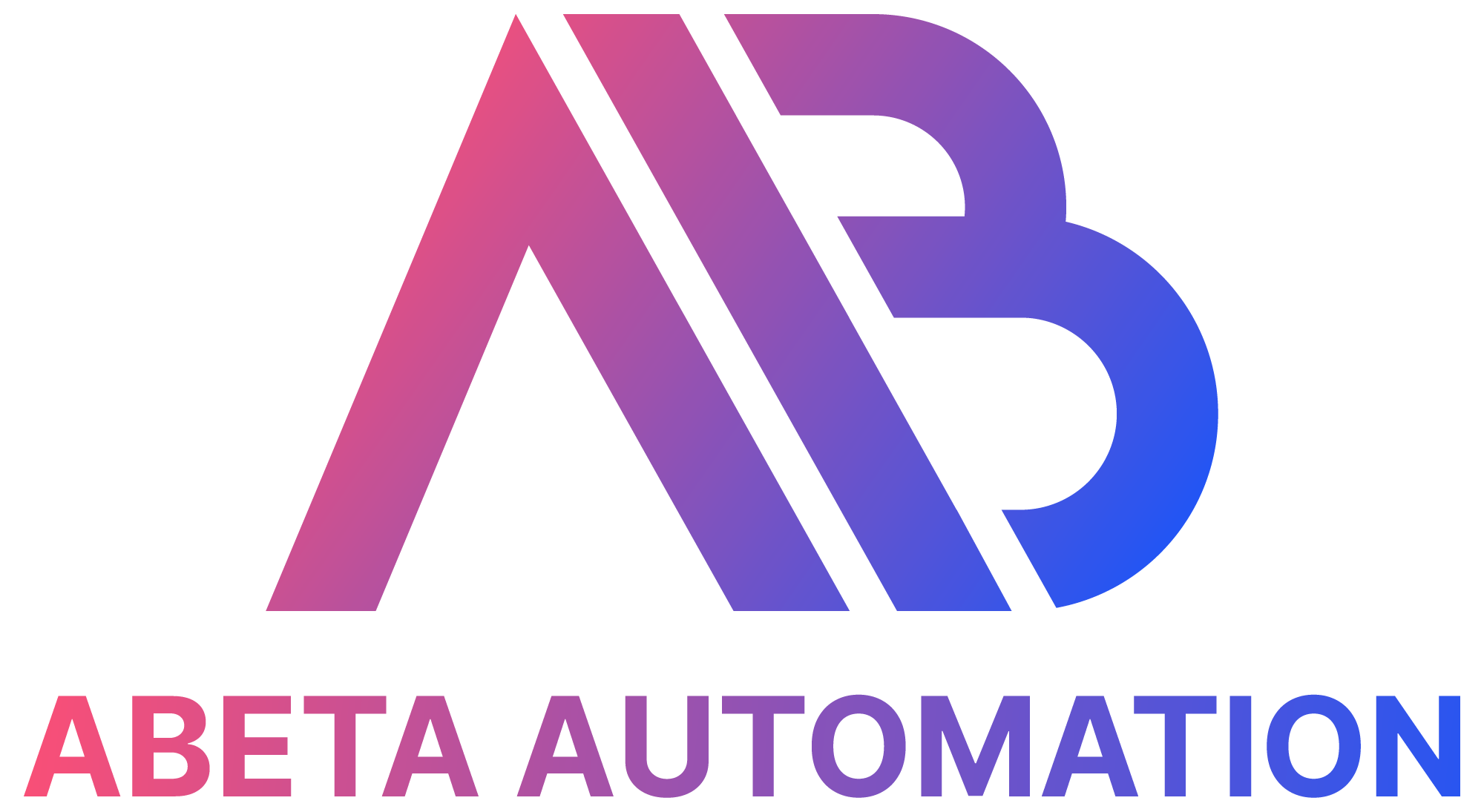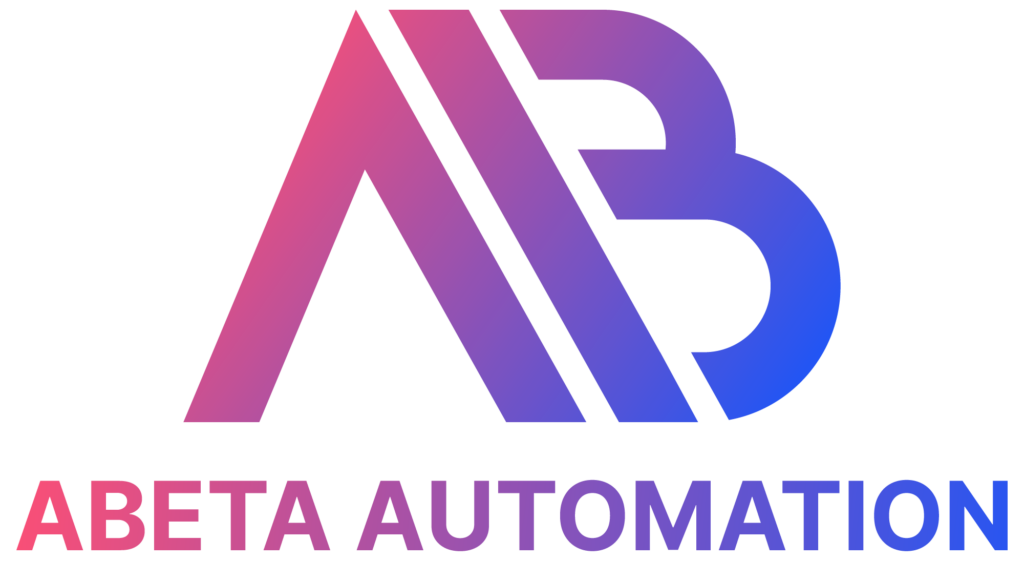Imagine a customer calling after 10 PM with a query, and your AI giving them a helpful, human-like response all on its own. This is not just science fiction anymore. Thanks to AI voice agents, companies of any size can now provide quick, personalized, and business-grade service to their customers at any time of day.
Over the past few years, businesses have changed how they communicate thanks to Voice AI, AI automation software and conversational AI chatbots. Today, with the help of these tools, responding to support and sales queries means a brand can have meaningful conversations with its customers. If you have always been curious about using AI in your company, this blog provides you with a clear plan for action and a look at its potential for the future.
What Are AI Voice Agents?
Let’s break it down.
An AI voice agent is an AI-based virtual assistant that interacts with people in real-time. They are unlike the average phone trees or slow auto-attendants. Thanks to voice and AI tools, speech recognition software, machine learning and language model AI like ChatGPT, Google Gemini or Llama, they are able to have natural, human-like conversations.
While a text-based AI chatbot responds to what you type, voice agents can recognize your spoken words, interpret your mood and deal with different subjects during a single conversation. When using AI automation platforms, agents can start workflows, send follow-up emails, log tickets or complete transactions, just as if an employee did the task.
You will find that well-known applications include:
- They have virtual receptionists.
- Voice-based customer support
- Interactive voice response (IVR) systems powered by AI
- Sales assistants who help prospects using the phone.
Advantages of AI Voice Agents for Businesses
AI voice agents offer SMBs much more than just being a fun gadget. They’re game-changing. Here’s why:
1. Customer support is available 24/7
AI-powered Customer service chatbots are available all the time. Your AI voice agent is able to answer common queries and direct calls, as well as solve problems while you are offline.
2. Scalability Without Overhead
There is no need to hire and train additional staff for peak hours. AI chatbots for business can serve a large number of inquiries rapidly and economically.
3. Cost Efficiency
Businesses can often save money by turning to AI instead of hiring more people. You pay less in salaries, need less training and experience fewer staff changes.
4. Consistency & Accuracy
AI does not take breaks because of tiredness. If the AI model has been trained properly with helpful data sets, voice agents always give the same correct and authorized answers.
5. Multilingual Support
Are you considering doing business with clients from different countries? Using AI voice assistants that speak several languages allows you to serve customers in several countries without a local office.
6. Integration with Existing Systems
Today’s AI can be quickly integrate to your CRM, ticketing systems and email programs to automate actions like logging support issues or following up with leads.
When it comes to business automation AI, AI for customers or workflow automation, you’ll easily notice the great ROI without the hassle you might imagine.
How to Get Started with AI Voice Agents
So, you agree with the concept—but how should you start? Here are some steps you can follow to bring AI automation into your business:
1. Identify Your Business Needs
The first step is to find issues with your current methods for communication. Do you find yourself missing calls from customers? Are you spending a lot of your time repeating answers to the same set of questions? This is when businesses should take advantage of AI customer service automation.
2. Use the Appropriate Tools
Every AI automation software is different in its own way. Check for platforms that include the following features:
- AI voice assistants
- Integrating Conversational AI chatbots
- Managing AI-related processes
- Setup is easy and scalable
Start by using platforms that give access to AI chatbots, voice AIs and workflow automation tools.
3. Train or Choose a Pretrained Model for Your Needs
If your company has specific requirements, you could tailor your AI to fit. You have two options:
- Make use of the ready-made tools that feature pre-trained large language models.
- You can also train your own AI model by using structured AI training data
The industry sector plays a significant role, so this step is needed for AI in insurance and financial services, where compliance and accuracy count.
4. Integrate with Your Current Systems
Many AI solutions for business and AI automated platforms allow easy integration with CRM systems, help desks, and email tools. You can set up your AI voice agent to handle actions by itself, such as sending an invoice or creating a ticket.
5. Regularly monitor, test and optimize
You can’t just build an AI and expect it to keep working without upgrade. Use analytics to monitor results, work to keep your machine learning objective, and continue to get better by training your AI model with feedback.
Common Challenges and How to Solve Them
Let’s be real. AI may seem confusing when you first hear about it. Let’s have a look at a few challenges people often face and how to overcome them.
- Cost Concerns: Lots of entrepreneurs believe that AI is too costly for their business. Today, a lot of AI automation tools are available at affordable rates and can be adjusted for any level of use. Prefer platforms where AI platform pricing is made clear to customers.
- Integration Issues: When the tools you have are old and outdated, you might want to consider tools with API support and no-code builders like AI workflow builder or workflow AI.
- Privacy and Security of Data: Opt for companies that strictly follow AI industry standards and let you full control of your AI training data.
- Concern That Technology is taking over Human Jobs: AI works with your team, not instead of your employees. The best AI chatbots for businesses are those that understand when it’s necessary to escalate to a real person.
Conclusion
AI voice agents are not just a thing of the future—they are already being used by businesses. For small and medium-sized companies, they open a door to easy communication, lower expenses, and satisfied clients without the need for extensive technical support or funds.
If you want to use an AI chatbot in eCommerce, manage HR with AI or wish to automate workflow, the best approach is to start by testing and grow slowly. Getting involved with AI voice agents early helps you save time, as well as stay ahead of your competition.
Interested in finding out more about the future of business communications?
Start by using a voice AI agent or AI-powered virtual assistant and feel the effects on your organization straight away.




